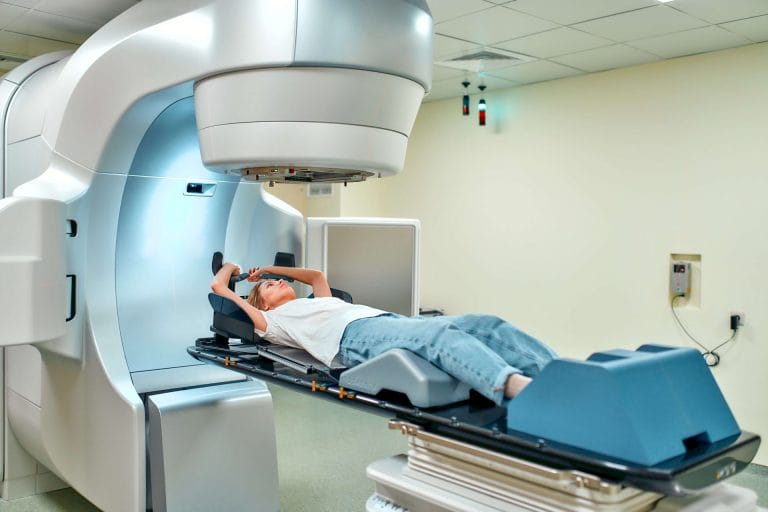
June is Men’s Health Month. A physician shares health advice for the men in your life.
When was the last time you scheduled a doctor’s appointment before feeling ill?
Annual appointments and screenings can help you to live a long, healthy life, says Dr. Aaron Robertson, Medical Director of PAM Health Rehabilitation Hospital of Fargo.
“Prevention makes all the difference in healthcare,” says Dr. Robertson.
Explore The PAM Health PAM Health Rehab Hospital of Fargo
June is Men’s Health Month, and men, on average, die five years earlier than women, according to the Centers for Disease Control and Prevention (CDC).
Health risks for men
Dr. Robertson says men don’t go to the doctor as often as women, and without regular screenings, some health risks can be missed.
“High blood pressure, high cholesterol, and diabetes often go undiagnosed until you finally visit a doctor. All three are generally asymptomatic, so you don’t even know you have them until you develop complications,” he explains.
Heart disease is #1
Some of the top indicators of a person’s risk for heart disease – the leading cause of death for men – include blood pressure and cholesterol levels.
“Blood pressure is the easiest screening. You don’t even have to see a doctor. If you stop in a clinic or a walk-in health screening, you can pop your arm in a cuff and get it checked,” says Dr. Robertson. “Cholesterol can be checked with a simple blood draw, which is how diabetes is checked as well.”
If a patient is screened for blood pressure, cholesterol, or diabetes and tests show normal levels, Dr. Robertson says annual visits with a primary care doctor are enough to monitor a patient’s health.
When tests show elevated numbers, a physician can work with the patient to identify lifestyle changes or prescribe medications to decrease the risk of complications.
“Generally, people don’t want to make lifestyle changes until something major happens like a bad infection from diabetes or a heart attack or stroke. But diet, exercise – it doesn’t have to be extreme, and it can reduce major life-changing events,” says Dr. Robertson.
Cancer is #2
The second-leading cause of death in men is cancer. Routine screenings for colorectal and prostate cancer should begin at age 50, suggests Dr. Robertson, unless the male has a family history of these diseases.
“Genetic testing can be done for colorectal cancer. There are also blood tests and stool samples to check for the presence of the disease, as opposed to the traditional colonoscopy. For prostate cancer, a blood test can detect it or a digital rectal exam which is a simple, quick, in-the-office procedure.”
Most patients are screened for these cancers every 10 years, but Dr. Robertson says a patient with abnormal results may get screened every three-to-five years.
The link between a man’s midsection and health
Nutrition and exercise help you also keep a healthy weight. For men, where they carry excess fat impacts their health.
“Men, in general, carry fat in their midsection, which places them at a higher risk for diabetes and heart disease compared to women,” says Dr. Robertson. “Increased waist size is also linked to higher risk for kidney disease.”
A primary care doctor can refer patients to a nutritionist or health coach for help making small, sustainable changes.
“Little changes add up, and if you increase them over time, you’re more likely to succeed,” suggests Dr. Robertson. “Often people have tried diets and failed because they do an extreme diet or cut out major food groups while trying to exercise six-days-a-week. Major life changes like that are hard to keep up with.”’
Start the conversation
Talk to the men in your life about their health. Ask when their last wellness check was or if they know their blood pressure and cholesterol levels. If they’re close to age 50, encourage them to get prostate and colorectal cancer screenings.
If additional care is needed, PAM Health specialty and rehabilitation hospitals have experience in caring for patients recovering from cardiac events, cancer, and other common health issues.
A simple conversation may help your loved one live longer and healthier.
Find a PAM Health Location Near You


